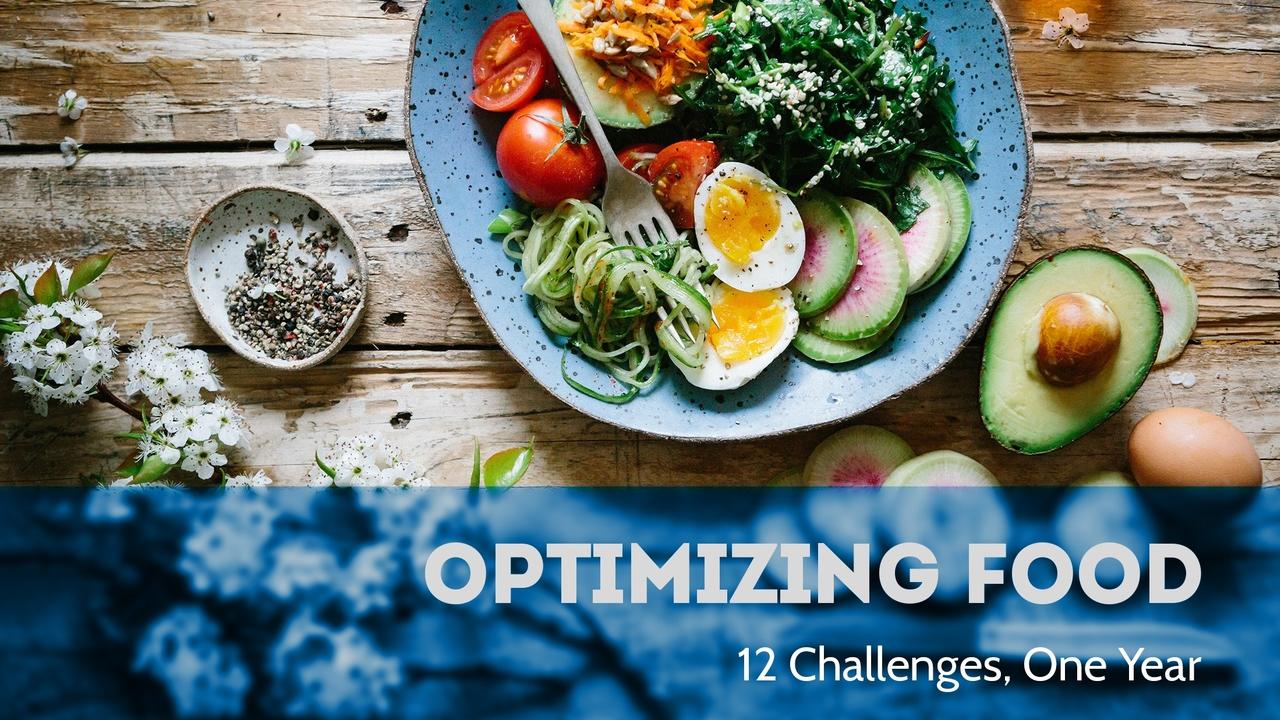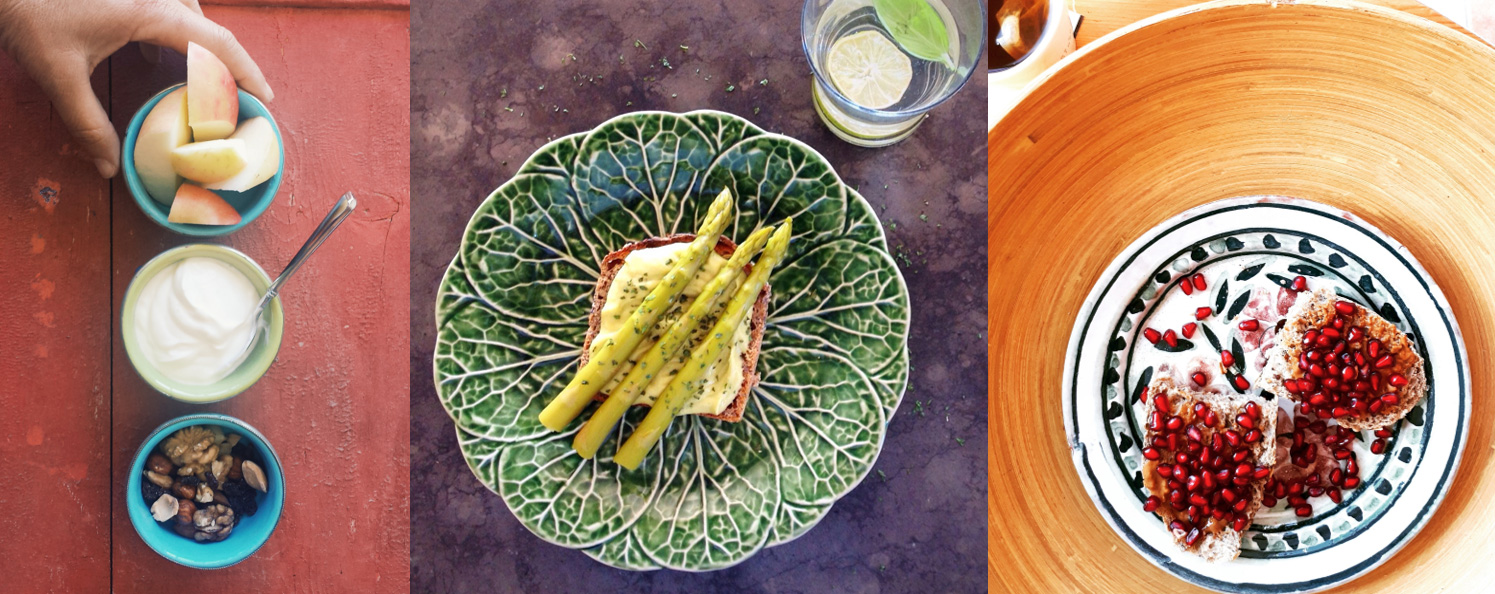Optimizing Food—12 Challenges in One Year

Why You Should Optimize Your Diet for Your Body
It’s been nearly 6 months since completing my year-long set of food challenges. I had no idea it would be such a journey.
It’s one thing to hear about the various diets and eating habits: gluten-free, dairy-free, whole foods, ketogenic, macrobiotic, vegan, paleo, intermittent fasting, and the list goes on. It’s something else altogether to adhere strictly to one routine for 30 days at a time.
Are they just fads?
As time passes, I become ever more aware of how the experience changed me on a long-term basis. The lessons learnt are many. I noticed real, positive changes in self-discipline and willpower. I also discovered the importance of focusing on the process rather than the result. But the biggest takeaway of living through one year of food challenges is having developed a stronger sense of my body’s nutritional needs and the tools required to meet those needs.
When it comes to self-discipline, there was an obvious strength gained from being able to complete each challenge. It was not an easy project, but the experience I gained from the harsh limitations of each challenge had a huge effect. Not only did they make me realize how resilient and adaptable my body is, but also how much variation in foods and feeding styles there is. Nutrition theory can be boring, but experiencing it first-hand on a day-to-day basis made it intensely more interesting and applicable than ever before.
The 30-day format was ideal for each challenge. That timeframe allowed me to adapt and feel the effects of each regime, but it was not so long that it became overwhelmingly tedious. In the end, the self-knowledge and flexibility gained by experimenting with different foods and cooking styles turned into lessons for life.

Caption: pre-workout meals with complex carbs: 1) yogurt with nuts and apple, 2) whole grain bread with chickpea and asparagus, 3) peanut butter and pomegranate sandwich
Seeing the effects
Now, half a year later, the lasting effects and habits are obvious. Besides the fact that I now naturally eat a lot less starchy carbs like bread, rice, and pasta (lasagna, anyone?), there are tons of situations where I apply my food limitations to simple everyday situations. In truth, limitations cease to be limitations, but rather fun variants of eating styles. For instance, on days after a night of partying or pigging out, my body will not crave eating until late in the day, much like intermittent fasting. Also, after a large lunch or those lazy Sundays, I seek out snacks with fewer carbs but more fat and protein (pomegranate, coconut, nuts, cheese, etc.).
Being so in tune with my body allows me to cater my eating preferences and boost performance on days when I play beach ultimate or lift weights. I can think of many examples of how I use my new “food toolbox” to maximize the results of my workouts. Just last week, after the Portuguese National Beach Ultimate championships, I restarted the UAP off-season and am now hitting the gym five times a week on top of practicing beach ultimate at least twice a week. I have to admit, sometimes I feel like a 52-year-old oddball lifting heavy weights at the gym with the boys...But the truth is, I feel more comfortable than ever. I find I have a lot more control over how well I do in my workouts thanks to my diet. A good snack of complex carbs + protein before the gym and a meal involving some animal protein (eggs, dairy, etc.) for post-workout provides the best results.
A welcome surprise
There’s been an unexpected, but very welcome, consequence of all this food optimization. Both my husband and I are in our early fifties and play disc regularly. Since practice is late at night on a lit beach, we both notice a growing difficulty in seeing the disc. Surprisingly, we found out that eating fatty fish or taking fish supplements greatly helps us see the disc better. It’s hard to know what your body needs until you try it.
I’ve become much stronger and more acutely attuned to my body’s needs since completing the food challenges. It was an absolutely invaluable experience. Plus, I get to walk away with a newly developed food anthropologist’s toolbox, full of wholesome ingredients and cooking styles to play with and adapt to an ever-changing life!
To see how you can optimize your food intake for YOUR body, check out The food anthropologist… a one year journey through food challenges—available on paperback format at Amazon.


